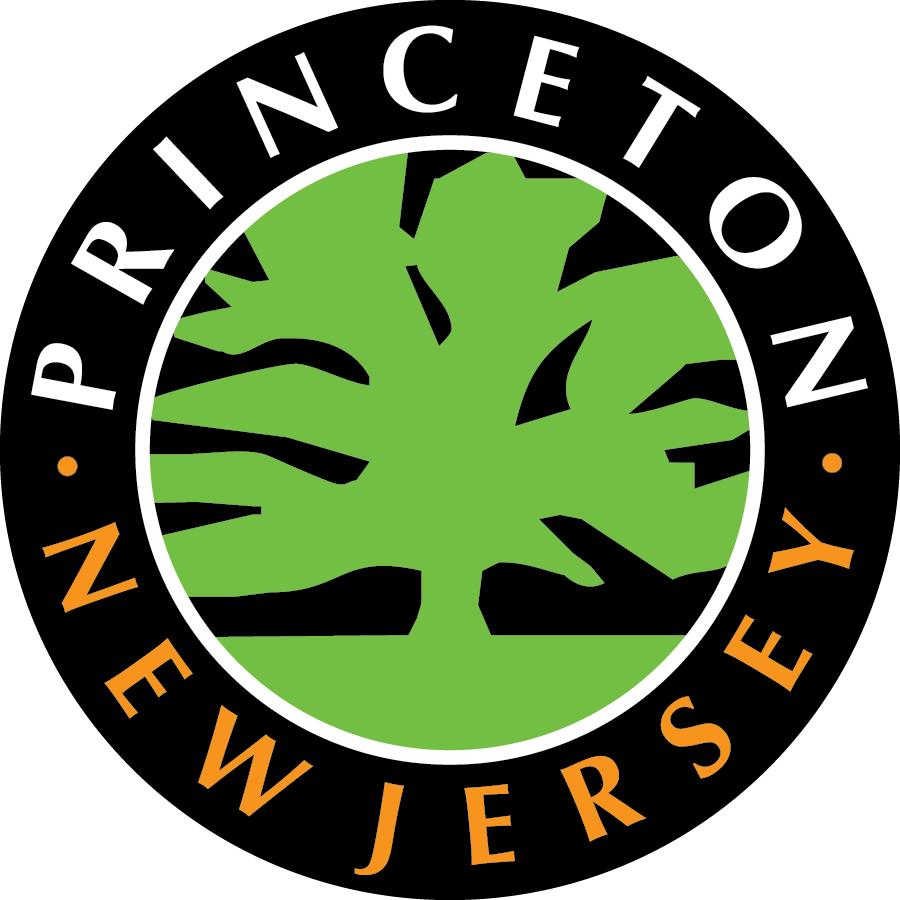Princeton officials are going out to bid for a new trash-hauling contract that would also bring back the organic waste collection program.
The Princeton Council gave the go-ahead to consultant Wayne DeFeo and Assistant Municipal Engineer James Purcell to prepare the bid documents and advertise them at its Aug. 8 meeting.
The request for bids for a five-year contract will go out this month, and a contract may be awarded to the successful bidder in October, DeFeo said. The new trash-hauling contract will be implemented in February 2023, following a public outreach and education campaign, he said.
The goal is to help the town contain costs, DeFeo said. New trash-hauling contracts have resulted in price increases of 45% to as much as 150%, he said. The COVID-19 pandemic, labor shortages and increases in fuel costs have contributed to the price hikes, he said.
DeFeo said the new contract would include both an automated and a semi-automated collection system. Trash containers would be picked up by a mechanical arm attached to the truck that is operated by the driver in the automated system. It would require one truck and one driver, officials said.
But in some neighborhoods where cars are parked on the street, it would be a semi-automated collection system, which would require a worker to get out of the truck to help collect the trash container, DeFeo said.
Household trash would continue to be collected on a weekly basis. It would be limited to single-family houses and multi-family properties of up to four dwelling units. A multi-family property has three or more dwelling units or apartments in one building, according to the New Jersey Department of Community Affairs.
Each household or dwelling unit would be issued a 64-gallon trash container by the hauler, but an additional container could be purchased by a household. There would be an option for a 32-gallon container. There are about 7,100 households in town, DeFeo said.
Each household also would be issued a 64-gallon cart for organic waste in efforts to revive the organic waste collection program that was dropped in 2020 for lack of participation. About 1,000 households have signed up for the program and paid a fee to participate, officials said.
The organic waste collection program included in the new contract initially would be voluntary, but there are plans to make it mandatory for environmental reasons, officials said.
Eliminating organic waste or food waste from the landfill reduces landfill gas, which is a natural byproduct of the decomposition of organic material, officials said, noting “landfill gas is made up of methane and carbon dioxide. Methane is 28 to 36 times more effective than carbon dioxide at trapping heat in the atmosphere.”
Last year, Central Jersey Waste reported that Princeton residents generated 6,025 tons of trash. The Mercer County Improvement Authority’s waste characterization study revealed that nearly 25% of landfill deposits are food waste, which means Princeton residents sent about 1,500 tons of food waste to the landfill, officials said.
The organic waste or food waste would be taken to a special processing facility, DeFeo said, adding “separating out organic waste from household trash also would result in less trash being hauled to a landfill and reduced tipping fees.”
Mercer County has the highest tipping fee in New Jersey at $120 per ton, DeFeo said. A tipping fee is the per-ton charge to dispose of solid waste, or trash, collected by a hauler. Reducing the amount of trash that is collected – such as through the organic waste collection program – would result in a lower tipping fee charged to the town, officials said.
Bulky waste collection would continue to be offered, but it would be picked up by request so the trash hauler knows where to pick up the items, he said. About 6-10% of households use it each week, which means the trash hauler goes through neighborhoods in search of bulk waste, such as furniture and other items too large to fit inside a trash container, he said.
“[The request for bulky waste collection pick up] allows the hauler to be more efficient,” he said.
Princeton Councilman David Cohen questioned why bulky waste collection should be offered. He said he does not use it.
Princeton Councilwoman Mia Sacks countered and said the collection would be helpful to older residents and those who cannot afford to hire someone to haul away large items. It could become a public health and safety issue, so it’s better to have the items removed, she said.
Overall, the Council was supportive of DeFeo’s recommendations.
Princeton Councilwoman Eve Niedergang said a new trash-hauling contract means residents would have to make adjustments to their lifestyle.
“We are asking people to make dramatic changes in their daily habits. We are not underestimating how much we are asking of our residents,” Niedergang said. She said she has been working to make changes to trash collection since she took office in 2019.
Sacks said she initially had some reservations about implementing a new contract with significant changes, given the rapid pace of change taking place in Princeton – from new construction to the overall growth of the town.
But considering everything on balance and “especially the escalating costs and the clear environmental benefits,” it’s a good move, she said.
“Many residents were upset when the organic waste collection program was suspended, and they have asked to have it brought back,” she said.

